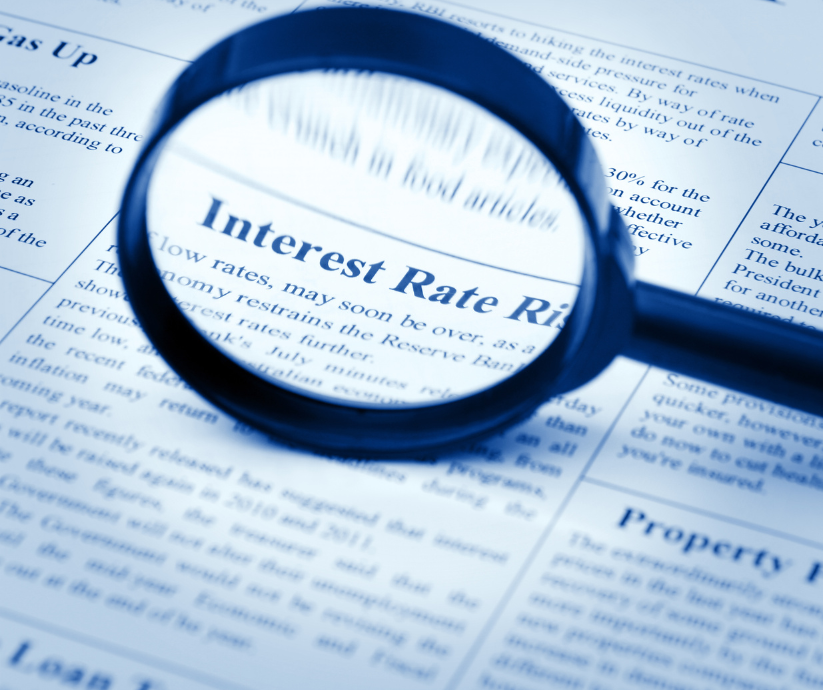As a homebuyer, you might feel that you have found the perfect house for you and your family. But before you sign on the dotted line, it is important to get a home inspection. A home inspection is a critical step in the home buying process that can help you avoid costly surprises down the road. In this article, I will explain what a home inspection is, why it is important, what a home inspector looks for during an inspection, the benefits of a home inspection report, how to find a reputable home inspector, how to prepare for a home inspection, common issues found during a home inspection, negotiating repairs or a lower price after a home inspection, the cost of a home inspection, and conclude with why a home inspection is a critical step in the process of buying a house.
What is a home inspection?
A professional home inspector conducts a comprehensive evaluation of a house, commonly known as a home inspection. A typical inspection includes examining the most important systems and components of a home including the roof, foundation, plumbing, electrical, heating, cooling, and more. It’s worth noting that a home inspection is a visual inspection and doesn’t include making any modifications to your property. Depending on the property’s size and complexity, a thorough inspection can take several hours. In short, a home inspection is an informative way to ensure your new property isn’t hiding any surprises that may lead to unexpected costs or repairs.
Why is a home inspection important when buying a house?
Home inspections are crucial as they help you detect any potential problems with the property before you finalize the purchase. The inspection report can uncover a range of hidden issues, including faulty wiring, a leaky roof, or a cracked foundation. By identifying these problems early on, you can make an informed decision about whether to proceed with the purchase and negotiate repairs or a lower price with the seller. Not only can a home inspection save you money, but it can also provide peace of mind by ensuring you are making a sound investment.
What does a home inspector look for during an inspection?
During a home inspection, an inspector will comb through your property to identify a wide range of potential issues. Starting with the exterior, they’ll examine the roof, gutters, siding, windows, and doors. Inside, they’ll inspect all major systems including electrical, plumbing, heating and cooling, and more. Additionally, the inspector will analyze the structure of the house, including the foundation, walls, and ceilings. They’ll then review all other systems, such as the fireplace or chimney, and offer suggestions for any repairs or upgrades you might need. Count on a home inspector to provide a thorough, detailed report to help you make informed and confident decisions.
The benefits of a home inspection report
One of the main benefits of a home inspection report is that it can help you make an informed decision about whether to proceed with the purchase. The report will provide a comprehensive overview of the condition of the property and identify any issues that may need to be addressed. The report can also be used as a negotiating tool to request repairs or a lower price from the seller. Additionally, the report can help you plan for future maintenance and repairs, allowing you to budget accordingly.
How to find a reputable home inspector
To guarantee an accurate and comprehensive home inspection, finding a reputable inspector is crucial. There are different ways to accomplish this. You could ask for referrals from your friends, family, or real estate agent. Another option is to search for inspectors online. However, ensure that you go through their credentials and reviews before settling on one. The ideal inspector should be licensed and certified, with adequate experience inspecting homes within your locality. Trust us; getting the best inspector could save you a lot of headaches down the road.
How to prepare for a home inspection
For a smooth home inspection process, follow these critical steps. First, ensure that your house is easily accessible and with all utilities turned on, so the inspector can review the major systems. This includes checking the water, gas, and electricity. Secondly, get rid of any clutter or debris from inside and outside the house. It will help the inspector easily access all areas that require inspection. Lastly, actively participate in the inspection process by asking questions and taking notes. The inspector can provide valuable information about the property’s condition and any potential upgrades or necessary repairs. By following these steps, you’ll be well-prepared for your home inspection and can ensure that your property is in great condition.
Common issues found during a home inspection
During a home inspection, the inspector may identify a variety of issues with the property. Some common issues include:
- Roof damage or leaks
- Plumbing problems, such as leaks or clogs
- Electrical issues, such as outdated wiring or overloaded circuits
- HVAC problems, such as a malfunctioning furnace or air conditioning unit
- Foundation or structural issues, such as cracks or settling
- Pest infestations, such as termites or rodents
Negotiating repairs or a lower price after a home inspection
During a home inspection, if issues with the property are discovered, negotiation of repairs or a lower price with the seller might be possible. Your real estate agent can assist you with drafting a request for repairs or price reduction based on the inspection report. The seller may or may not consent to make the repairs or adjust the price. If declined, you have to decide whether to proceed with the purchase as-is or to walk away from the deal. This decision is crucial and requires consideration of all factors.
The cost of a home inspection
When considering a home inspection, several factors can influence the cost: the size of your house, the complexity of the inspection, and the property’s location. Generally, a home inspection ranges between $300 and $500. Although this might appear to be a considerable expense, it is a small price to acquire complete peace of mind about your prudent investments.
Conclusion
Buying a house is a significant investment, and a home inspection is crucial to ensure a smooth and stress-free experience. A thorough inspection can help you identify any issues with the property before you purchase it, negotiate a lower price or repairs with the seller, and plan for future maintenance. Therefore, it’s important to find a reputable home inspector, prepare for the inspection and ask questions during the process to ensure accuracy and thoroughness.
At Topfind Realty, our expert agents can guide you through each step of the home buying process. Whether you’re a first-time buyer or searching for your dream home, we can help you find the perfect property. Contact us today to start your stress-free home buying journey with confidence.









